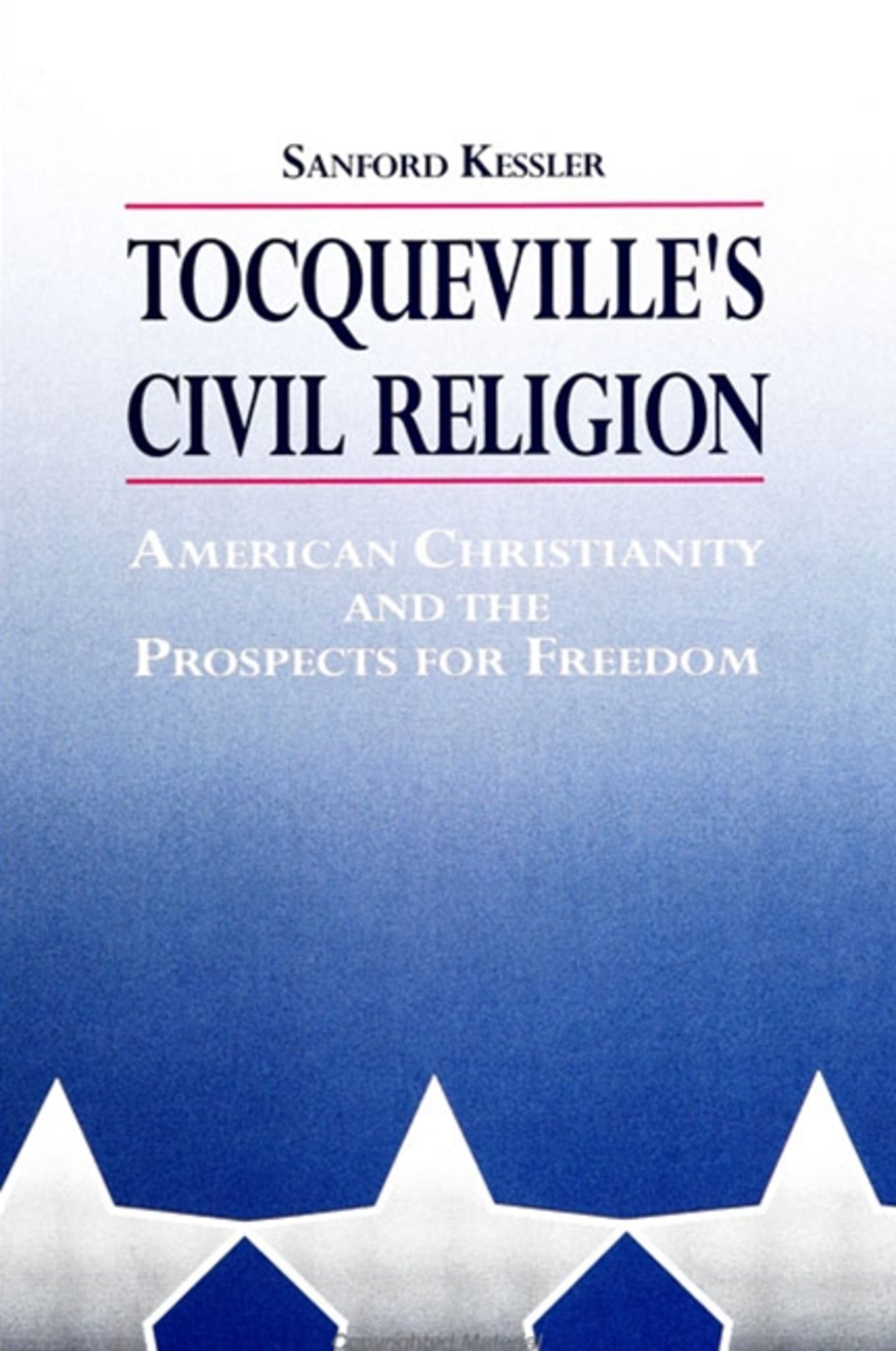We're sorry. An error has occurred
Please cancel or retry.
Tocqueville's Civil Religion

Some error occured while loading the Quick View. Please close the Quick View and try reloading the page.
Couldn't load pickup availability
- Format:
-
01 July 1994

Sanford Kessler offers a provocative and timely analysis of Alexis de Tocqueville's views on the relationship between Christianity and American democracy. These views are central to Tocqueville's discussions of the moral requirements of freedom and the tasks of democratic statesmanship.
Tocqueville's thinking about American religion is highly relevant to contemporary debates regarding America's origins, the current strength of American Christianity, and the proper role of religion in American public life. Kessler skillfully demonstrates how Tocqueville incorporates his ideas into an analysis of the American character, a factor in American politics that he considered more important than the Constitution. This book will challenge the thinking of all Americans concerned with religious-political issues and with the prospects for freedom.


"Kessler is a marvelous critic—shrewd and sympathetic; he admires Tocqueville, but he does not hesitate to criticize Tocqueville's thinking or to present Tocqueville's argument even where it jars contemporary sensibilities. This book is certain to challenge and focus the thinking of anyone concerned about Tocqueville or the place of religion and democracy in America." — Wilson Carey McWilliams, Rutgers University
Preface
Acknowledgments
1. Introduction
2. Tocqueville's Approach to Religion
3. Tocqueville's Christianity
4. Tocquevile's Religious Statesmanship
5. America's Religious Horizon
6. Christianity and America's Political Health
7. The Securalization of American Morals
8. Future Prospects
9. A Summing Up
Notes
Works Cited
Index



